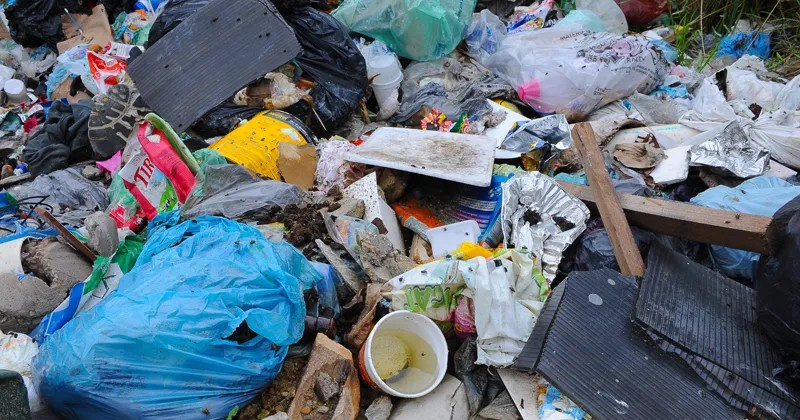
More than 2 million cases of dengue fever, a disease transmitted by the Aedes aegypti mosquito, have already been recorded, and several capitals have already declared a state of emergency, including the city of São Paulo. With the increase in cases, new solutions to reduce mosquito proliferation are already being tested.
Professor Valter Arthur, from the Laboratory of Radiobiology and Environment at the Center for Nuclear Energy in Agriculture (Cena-USP), conducted research commissioned by the Brazilian Association of the Alkali, Chlorine and Derivatives Industry (Abiclor) to test the effectiveness of chlorine in combating to mosquito larvae.
How was the research?
Arthur says that research into the effectiveness of chlorine had already been conducted a few times in the past, in 2008 and 2012, but it is necessary to redo the test to understand whether the larvae have created resistance and establish what is the right concentration to eliminate them: “This The work was developed by us, as we were already working in our laboratory on mosquito breeding. We tested different concentrations of the product in water and carried out different treatments. We repeated four repetitions of each treatment with ten larvae.”
From the tests, the team came to the conclusion that applying a concentration of 10 milligrams of chlorine, or a dessert spoon, per liter of still water is capable of preventing the proliferation of larvae.
Other solutions
Sodium hypochlorite is advantageous, as it is a cheap product and easily accessible to the population, but it must be reapplied to the contaminating water every five days, as, after this period, the active ingredient of chlorine loses its strength. The professor says that this method also brings some problems: “ The chemical product, in addition to polluting the environment, never kills 100% of the insects and those that remain create resistance, so it is necessary to increase the concentration of the product or change the product”, he explains. the teacher.
Other methods of combating mosquitoes are developed at Cena-USP, including biological methods, such as releasing sterile mosquitoes, created in the laboratory, into the environment to compete with wild ones and reduce the population. Another method is to create and release “good mosquitoes”, incapable of transmitting the dengue virus.
“These [biological] methods do not harm, on the contrary, they help the environment. But it is necessary to have funds and research financing. These methods are carried out sporadically, here and there, but they should be carried out generally, throughout the country”, adds professor Valter Arthur, from Cena-USP.
